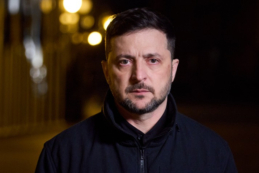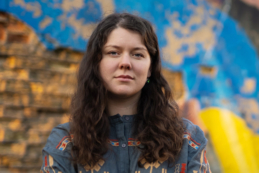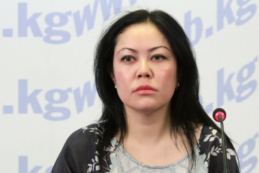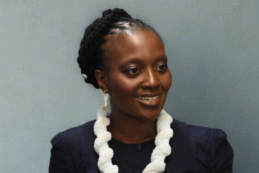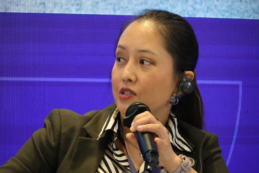Crimean Tatars
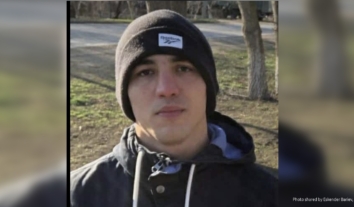
Russia tortures Crimean Tatar prisoner Mamut Belyalov again – human rights defenders
26-year-old Mamut Belyalov, who is already serving a 12-year sentence on fabricated charges, has been brought back to occupied Crimea and subjected to so-called ‘interrogation’ in the form of savage beatings, without a lawyer present
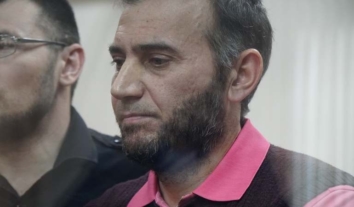
Crimean Muslim political prisoner endures harsh conditions for over three years in Russia’s Bashkortostan colony
One reason cited was that he did not interrupt his prayers when the colony chief entered the cell. Aliyev sent a complaint about his placement in solitary confinement to the Salavat City Court, but the situation did not change
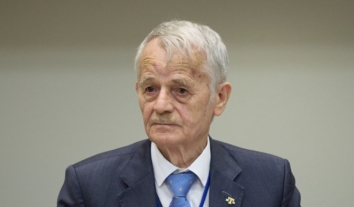
Crimea liberation is question of survival for Crimean Tatars
His speech, delivered through translation by Crimean Tatar diaspora patriarch Mübeyin Batu Altan
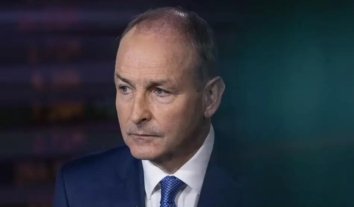
Force cannot define international borders
Taoiseach reaffirmed Ireland’s steadfast support for Ukraine’s sovereignty and territorial integrity, stressing that justice must underpin any lasting peace. Concluding, he pledged that Ireland and the EU will stand with Ukraine for as long as it takes
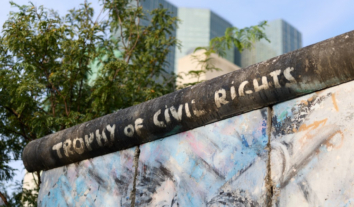
During Crimea Platform Summit at the UN, Zelensky urges world to resist normalizing Russian occupation
Ukrainian President called for continued sanctions coordination among partners. He also thanked participants for maintaining sanctions and urged the international community not to allow killings and occupation to become something "the world can simply turn a blind eye to."
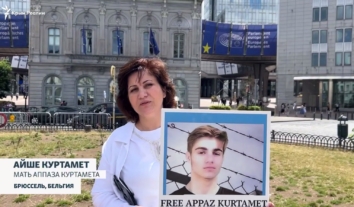
Mother of the youngest political prisoner of the Russian Federation, Crimean Tatar Appaz Kurtamet, petitioned the European Parliament
She, along with other Crimean Tatar activists, is demanding an international response to the Russian Federation's mass repressions against Crimean Tatars
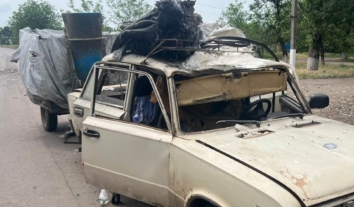
Russians kill 3, wound 7 in drone and artillery attacks on civilians in Zaporizhzhia and Donetsk Oblasts
Fedorov reported that Russian forces killed a 60-year-old man, while hospitals treated two men aged 65 and 62 and a 58-year-old woman. The strike destroyed houses, and fire broke out in one of them
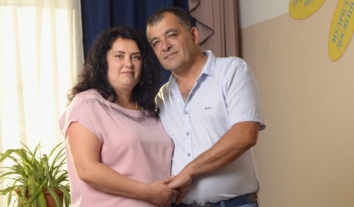
Kremlin prisoner Rustem Huhuryk is not receiving medical care in a Russian penal colony and is being denied the opportunity to file a complaint about this violation
The Crimean Tatar had health problems even before his imprisonment, and in captivity, without proper treatment, his condition has deteriorated to a critical level
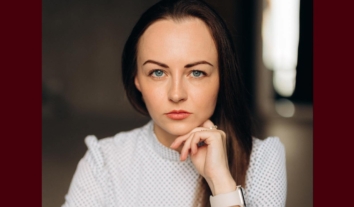
Russian media is an important link in the chain of intimidation against Crimeans under occupation – ZMINA human rights advocate
During the First Crimea Week in Brussels, a human rights advocate from the Human Rights Centre ZMINA explained how the Russian media plays a crucial role in intimidating Crimeans with pro-Ukrainian views in the temporarily occupied territories
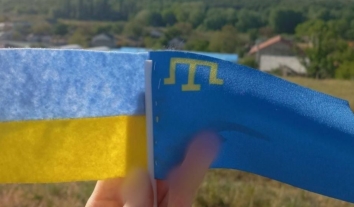
Crimean activists hold resistance actions on Day of Remembrance for Victims of Crimean Tatar Genocide
Activists from the "Yellow Ribbon" movement held a resistance action in temporarily occupied Crimea on the Day of Remembrance for the Victims of the Genocide of the Crimean Tatar People
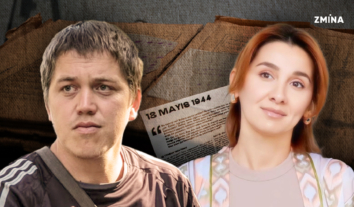
Silent deportation: how the descendants of Crimean Tatars deported in 1944 are experiencing it again
What is happening to Crimean Tatars now is what they themselves call "silent deportation". The illegal authorities create such conditions that a person must either leave the peninsula if they do not like living under occupation, or if they show any resistance and are not loyal to the occupiers, they face persecution, illegal convictions and deportation far from Crimea
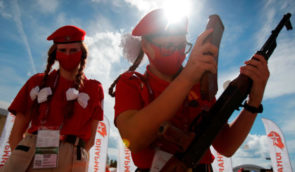
1.6 million children may remain in Russian occupation – Almenda human rights advocates
Researchers were unable to find precise data on access to education in Ukrainian in the Russian-occupied territories of the Donetsk, Zaporizhzhia, Luhansk, and Kherson regions. However, it is known that the Russians announced the transition of education to Russian, and Ukrainian was only allowed to be taught as a "native" or "optional" subject for a few hours a week

Trump: “Crimea will stay with Russia”; Zelenskyy: “Only Ukrainians decide our territories”
Donald Trump's statements contain factual errors. At the time of Russia's military aggression in February 2014, Ukraine had no aspirations to join NATO. Since 2010, under President Viktor Yanukovych, Ukraine had adopted a non-aligned status, formally renouncing its pursuit of NATO membership
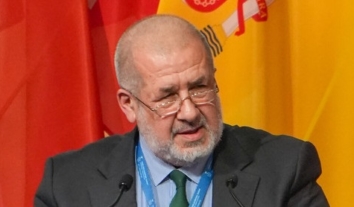
No one should ever be allowed to violate the rights of Indigenous peoples
The meeting dedicated to the theme "Discussion of the Six Mandatory Areas of the Permanent Forum (economic and social development, culture, environment, education, health, and human rights) with reference to the United Nations Declaration on the Rights of Indigenous 1 Peoples and the 2030 Agenda for Sustainable Development
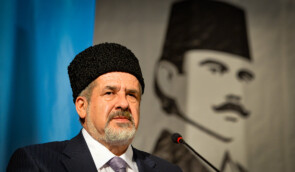
Crimea’s future can only be determined by the indigenous Crimean Tatar people and Ukraine – Refat Chubarov
Chubarov reiterated that the Mejlis rejects any form of recognition of Russian control over Crimea, both de facto and de jure.
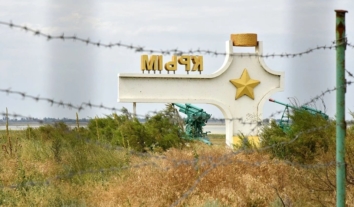
Russian occupiers detain abducted Crimean woman Lenora Dzhemilova in a Simferopol detention facility, accuse her of high treason
Controlled by Moscow media outlets only reported Dzhemilova's detention in March of this year. For 10 months, Russian security forces denied any involvement in her disappearance and held the woman in complete isolation

Number of missing women rising in Crimea – “Crimea SOS”
"Crimea SOS" emphasizes that enforced disappearances constitute a gross violation of human rights and are used by the occupying administration as a means of intimidating the local population
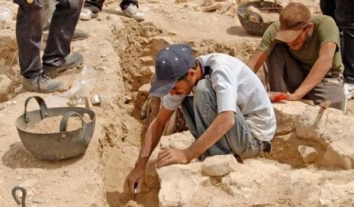
At least 164 archaeological artifacts removed from temporarily occupied Crimea by the Russian occupiers
Since 2022, Russian museums have been actively engaged in propaganda activities in the occupied territories, organizing exhibitions, lectures, and educational programs aimed at legitimizing the occupation. The goal of these actions is to integrate Ukrainian museums into the Russian cultural space and destroy Ukrainian identity


